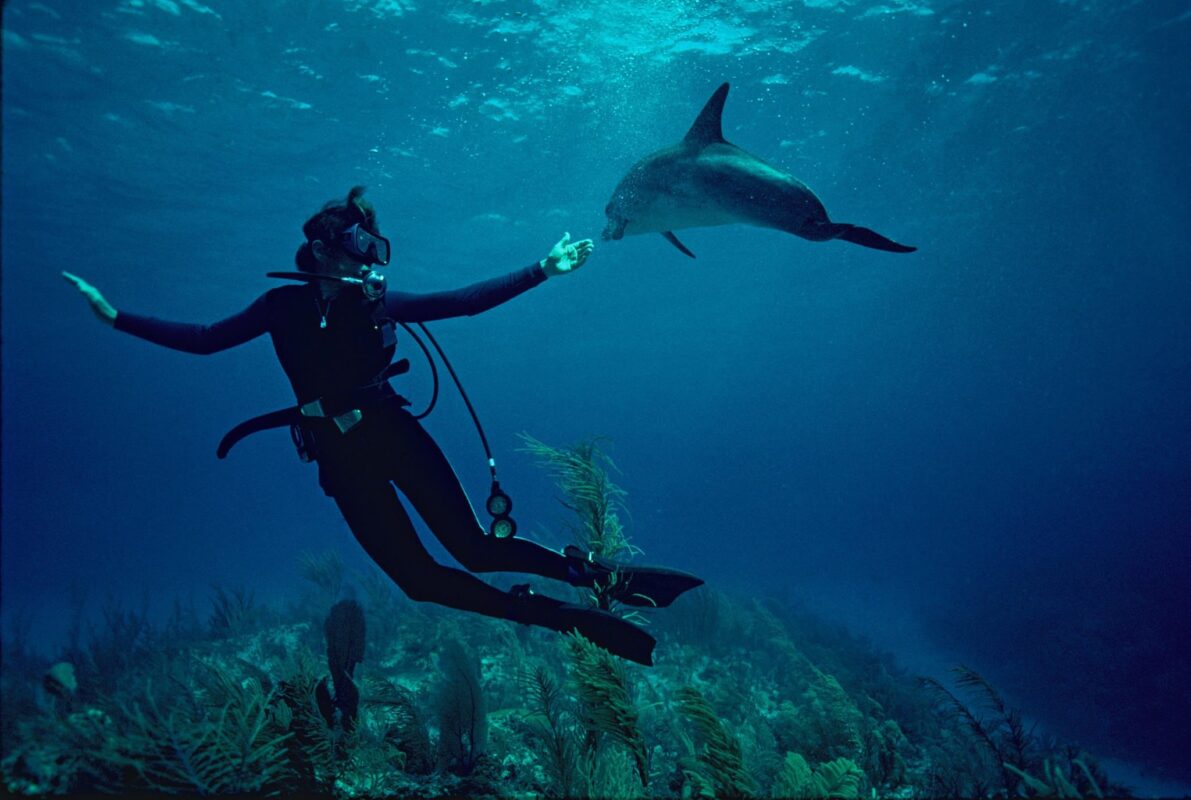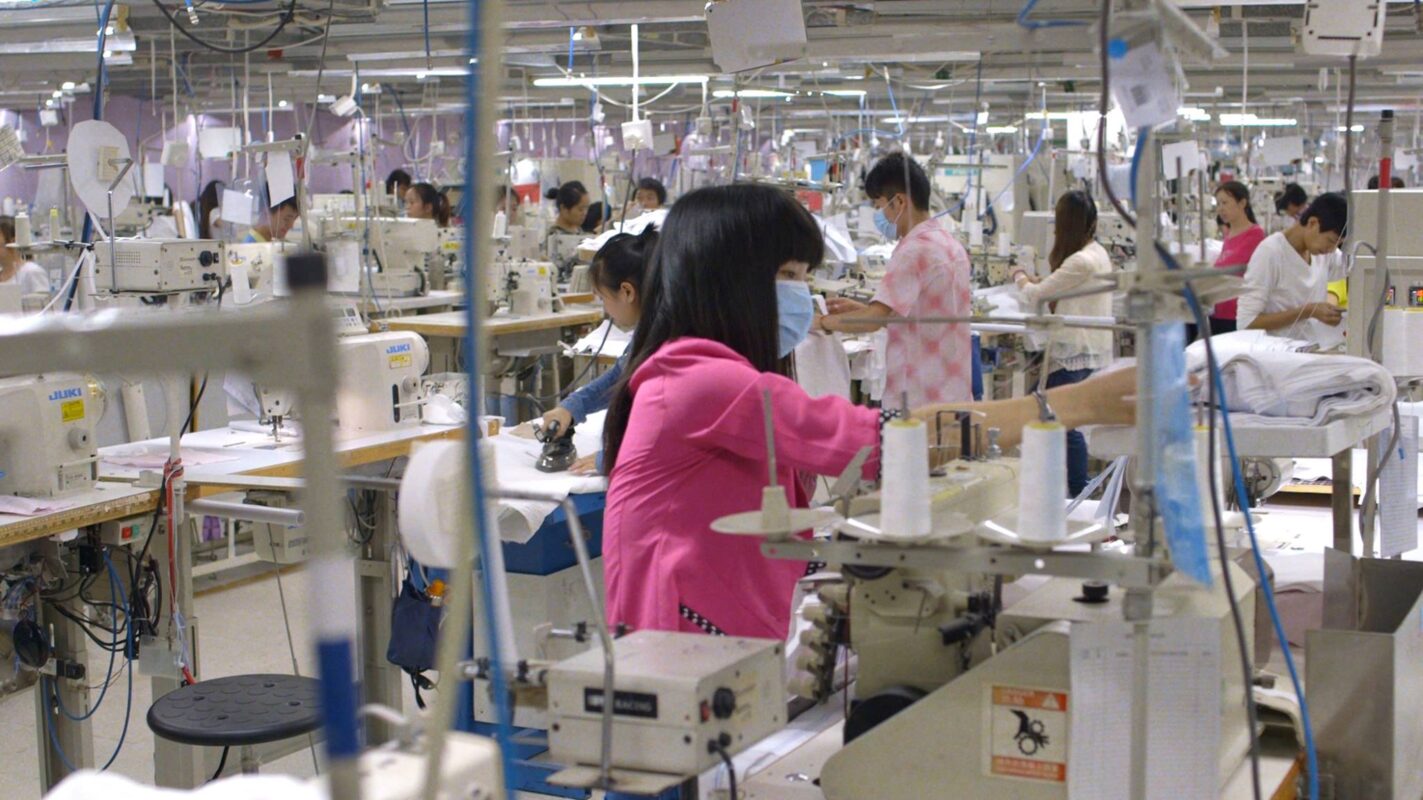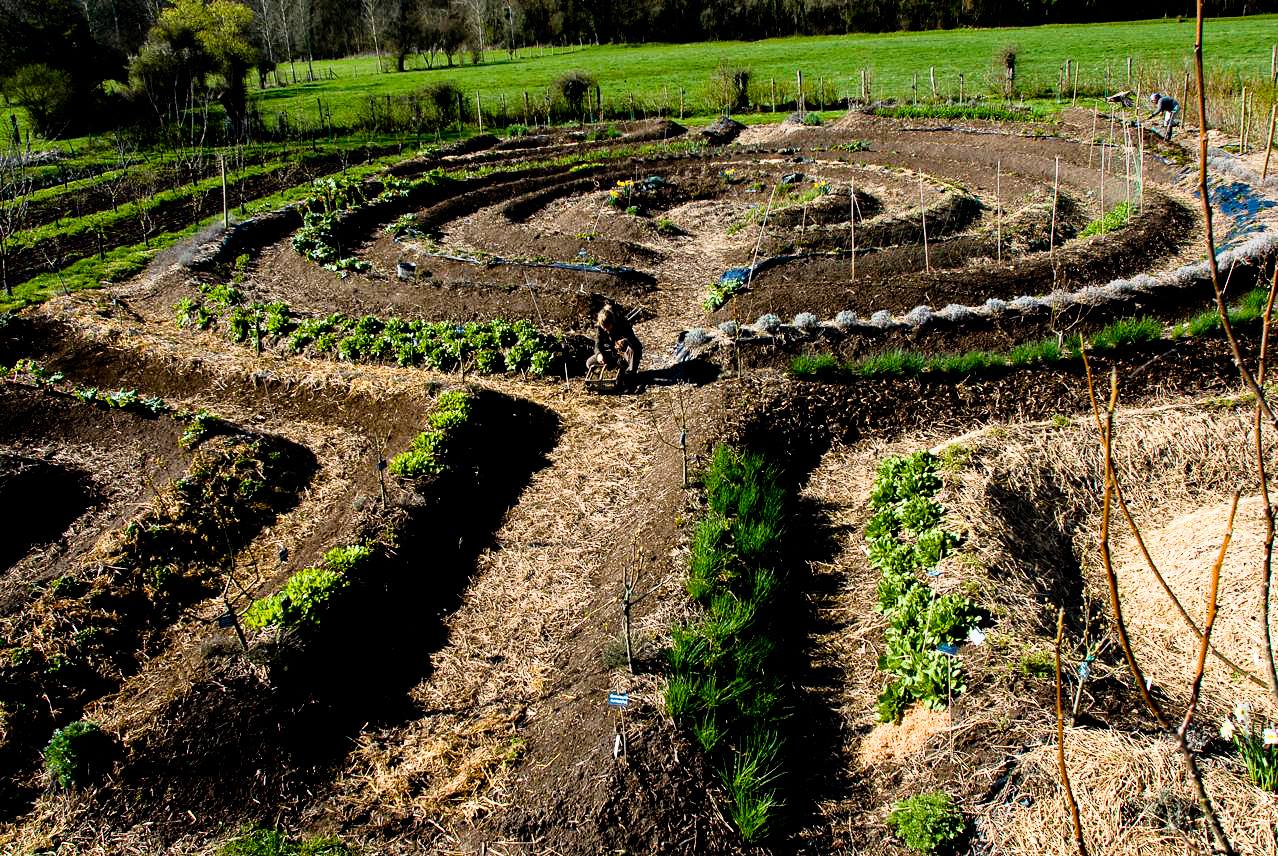Green Film Fest is an international cinema festival centered on environmental protection. This year’s edition is the eighth one and its Argentinian premiere will feature national and international films, as well as two national short-films that competed in their own contest, called Semillero (seedbed). The local event will take place between the 24th and 30th of August at Cinemark, a theatre in Palermo, Buenos Aires. Afterwards, the season will continue to show the movies in other provinces of the country.
As stated on the website, the purpose behind Green Film Fest is “to raise awareness through culture, using the cinema as a mean to reach people and give them both information and entertainment, increasing sensitivity regarding fundamental issues for our life quality”. Furthermore, the motto is “Culture in harmony with the planet”. The organisation details that cinema is a tool with great potential to make people aware through striking images and moving testimonies, leading to reflection and, sometimes, action.
The audience is given an opportunity to enjoy audio-visual productions as well as learn the significance of several aspects of environmental issues and possible solutions. Some of these concern themes such as climate change, the energy crisis, food, architecture, mobility, waste and recycling, nature, preservation and sustainability. The selected films tend to include a wide range of genres like documentary, fiction, animation and reality in order to make the festival an attractive choice to everyone.
Green Film Fest is organised by Green Tara Producciones, a producer company of cultural contents. Its main purpose is “the promotion and dissemination of culture in all its expressions, through innovative experiences”. Furthermore, the producer is focused on contents related to sustainability under the belief that culture is a vehicle for passing on values that lead ultimately to respect for the planet and its inhabitants. The event holds the auspice and support from a wide variety of over 60 institutions and companies that are committed to sustainability. As a result, the audience comes close to their local initiatives and even gets actively involved in them.
Alejandra Cordes is the director and founder of both the festival and Green Tara Producciones. She has a degree in Communication and a specialization in cultural studies from San Andrés University. In addition to this, Cordes has many years of experience in production and management of cultural and communication projects, working with private companies, non-profit organisations and governmental institutions.
She recalled the origin of the Festival: “We were contacted in 2009 by the French producer of Home (the film directed by Yann Arthus-Bertrand), due to the global and simultaneous premiere of it. We realised that doing a free and outdoor avant-premier would allow as many people as possible to come and watch it. So, we did the projection at the Floralis Generica place in Buenos Aires City. Actually, we expected a small audience because it was winter here in the south hemisphere. To our surprise, the square was extremely crowded that day: approximately five thousand people showed up.”
The director didn’t know it then, but the seed was planted. “Afterwards, a lot of people reached out to me, to find out how they could have access to other environmental-related movies. Personally, I was interested in the theme and I had been consuming that type of films; my husband works in a distribution company, I travelled and went to international festivals with him and realised that there were excellent movies which never got to be shown in Argentina. So, I decided to make a curatorial experience, selected the best ones and presented them at a festival, with a particular spirit, using the cinema as a mean to raise awareness and showing a positive and constructive perspective.”
Enlarge
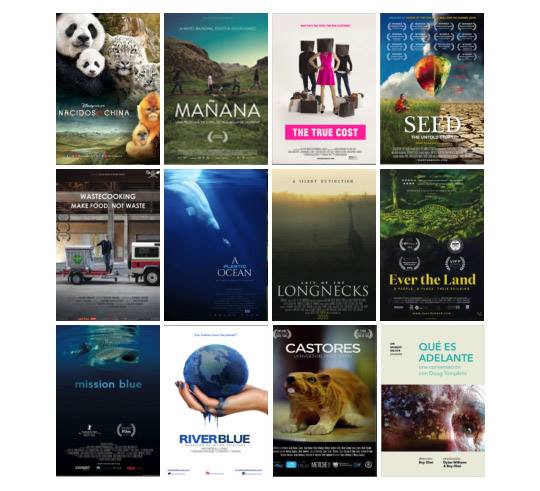
Courtesy of Green Film Fest
What to watch on the spot
As previously said, the eighth edition of the Green Film Fest programme will feature 12 international movies in addition to the winners of Semillero, the contest for short films. We present the complete list as follows:
Born in China. Theme: nature. Director: Lu Chuan. Country: United States of America. Produced by Disney Nature, the film shows moments in the life of three animal families in the oriental country. A panda bear that leads its baby in exploration; a young golden monkey that feels displaced by its baby sister; and a snow leopard struggling to raise two cubs.
Tomorrow. Theme: climate change. Directors: Cyril Dion and Mélanie Laurent. Country: France. Cyril Dion and Mélanie Laurent faced the question “What would you do if you were told that your child will not have access to food, fuel and the necessary means to live tomorrow?” So, they decided to travel through ten countries and learn about projects and people who are working to prevent this from happening.
The true cost. Theme: fashion. Director: Andrew Morgan. Country: United States of America. The documentary digs in the production of garments in fashion industry. Modern slavery and contamination are hidden parts of this glamorous world. In consequence, the film urges us to wonder who made our clothes, at what cost and with what environmental impact.
Seed: the untold story. Theme: agriculture. Directors: Jon Betz and Taggart Siegel. Country: United States of America. It exhibits the everyday fight of farmers, scientists, lawyers and conservationists to preserve seeds and its democratic distribution around the world; in spite of the advance of chemical and biotechnology companies.
Mission Blue. Theme: oceans and activism. Directors: Robert Nixon and Fisher Stevens. Country: United States of America. The film is centred in Sylvia Earle, marine biologist, explorer and the first woman to be part of the U.S. National Oceanic and Atmospheric Administration. In consequence, Mission Blue displays her global crusade to protect the ocean and sea life against climate change, pollution and overfishing.
Riverblue. Can fashion save the planet?. Theme: fashion and water pollution. Directors: David McIlvride and Roger Williams. Country: Canada. Fashion is the second most polluting industry of the world. The production system of clothes generates waste, toxic and contaminating residues with a significant and negative impact in the environment. This particular movie brings to the audience the effect that this activity has on some of the most important rivers of the planet in order to raise awareness and reverse the situation.
Wastecooking. Theme: food. Director: Georg Misch. Country: Austria. It came to Dutch chef David Gross’ attention that one third of the food produced worldwide is thrown to the rubbish bin. Outraged, he decided to visit five European cities to know more about how to make the most of food, put an end to the waste and have a positive impact, beginning with the first dish of each day. Becoming a witness of Gross’ journey makes you wonder before throwing food away again.
A Plastic Ocean. Theme: oceans and waste. Director: Craig Leeson. Country: United States of America, Hong Kong and United Kingdom. Searching for the blue whale, Journalist Craig Leeson discovers the alarming amount of plastic waste in what should have been a clean ocean. Then, he sets up a team of specialists who travel to 20 locations around the world over four years, in order to record the fragile state of the oceans as well as possible solutions.
Last of the Longnecks. Theme: nature. Director: Ashley Scott Davison. Country: United States of America. A documentary that takes on the struggle of the declining population of giraffes, which is in danger of disappearing. It registers a three year journey through seven countries, giving visibility to the work of people who tries to conserve this emblematic specie.
Ever the Land. Theme: renewable energies and preservation. Director: Sarah Grohnert. Country: New Zealand. The film presents one of New Zealand’s most passionate and independent Maori Tribes: Ngāi Tūhoe. This particular tribe is currently working in the construction of a communitarian centre while applying sustainable architecture methods. As a result, the bonds between people and their land; past and present; tradition and modernity are explored thoroughly.
Beavers: the invasion at the end of the world. Theme: nature and conservationism. Directors: Pablo Chehebar and Nicolás Iacouzzi. Country: Argentina. The movie exhibits an environmental controversy. A mere number of 20 Canadian beavers were introduced in Tierra del Fuego Island in 1940, to develop the fur industry. The project failed and the beavers turned into a plague, causing massive destruction of trees and other local species, and threatening forests and lakes. The beaver population is now around 150 thousand, and the question is whether to eradicate them to favour the ecosystem or to admit that this is an impossible task.
What is Ahead. A conversation with Doug Tompkins. Theme: sustainability. Director: Boy Olmi. Country: Argentina. The public is invited to learn about Douglas Tompkins (a North American businessman and benchmark ecology activist) and his vision by witnessing his revolutionary project of sustainable agriculture in Entre Ríos Province. The future of Mankind, the protection of species and our techno-industrial society are some of the issues examined.
The Blooming Seeds--The Short Films
An important feature of the festival is Semillero Green Film Fest, a national contest for short films of the environmental theme that has taken place since 2011. The aim of this programme is to encourage creativity and support the independent production of audio-visual pieces related to the issue. Apart from that, you can see the previous winners’ shorts at the website.
The outstanding short films amongst the candidates are selected by a jury and, in addition to this, they can nominate special mentions. In the current edition, the distinguished panel is formed by: Florencia Saguier, Executive Director of La Nación Foundation; Natalia Persini, legislator for Buenos Aires City and educated in environmental issues; Ralph Haiek, President of the Film and Audio-visual Arts Institute (INCAA); Alejandro De Grazia, founder and President of Energía, one of the most important distributors of films in Argentina and Latin America; Martín Álvarez Morales, General manager of Cinemark Argentina; and Martín Font, Communication and Environmental education Director of World Wildlife Fund Argentina.
When it comes to the categories of participation, there are two options. On one hand, Semillero (Seedbed), that includes residents of Argentina or people with Argentinean nationality who live abroad, older than 18 years old, presenting one or more films. On the other hand, Semillerito (Little seedbed) which is dedicated to boys and girls of Argentinean nationality, from 5 to 13 years old, who are studying in Primary school, submitting one of more movies. Besides, the presentation can be done through their schools.
The winning films will be shown for the first time at the eighth edition of the festival, in the following season throughout the country and be given a mastered copy of the production. The Semillero winner will also be awarded two flight tickets from Latam Airline; and the film will be displayed at Temaikén Foundation. Moreover, the prize is completed with an invitation to the Centre of recovery of species Temaikén; to a behind-the-scenes tour at the park and veterinarian hospital of the place; and with a scholarship to a programme or course at the Cinema University. In the case of Semillerito’s winner, the reward includes the exhibition, the mastered copy, a guided visit at Temaikén park; and a workshop given by Chicos naturalistas Foundation.
Enlarge
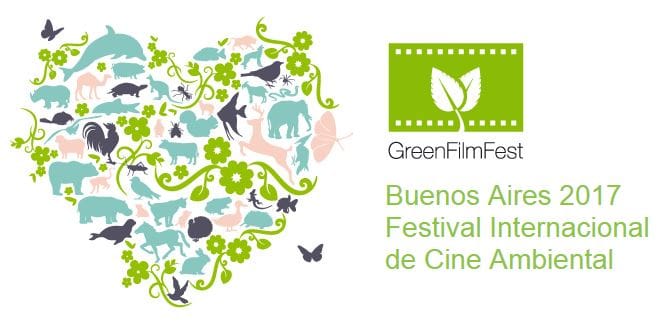
Courtesy of Green Film Fest
More than just movies
The organisation of the festival implies not only the projection of the films, but some alliances to carry out special features. For instance, Ecomujeres (Ecowomen, a space dedicated to the diffusion of good sustainable habits) will collaborate in the course of Green Film Fest to measure to the environmental impact of the event. And as Alejandra Cordes specified: “we encourage the audience to come to the festival using the public transport, walking or riding a bicycle. Then, we give information about ways to reduce our carbon footprint back at home with small measures such as choosing energy-efficient light bulbs or recycling the household waste”. Besides, free copies of Revista Ecosistema will be distributed amongst the public of the festival. This magazine will inform about the themes of the films and alternatives to be part of a greener change.
Finally, during the opening of the festival, there will be an installation in motion at the facilities. This activity was developed in collaboration with Manto (a clothing, accessories and decoration brand committed to sustainability). This particular performance was created to raise awareness around the sustainable textile design: “we would like to show that fashion can be conscious, inclusive and ethical”, was read in the festival’s press release. Moreover, Clara de la Torre, designer of Manto, said, “Our cloaks communicate the value of ancestral and textile knowledge, hand-made, with pure natural fibres; in a sensitive dialogue with urban design and its contrasts.”
Taking everything into account, the eighth edition of the Green Film Festival seems to be a great option to know more about the planet we live in and be conscious of its urgent quandaries while pondering on the alternatives. And when asked about the expectations for the event, Cordes replied, “We are absolutely enthusiastic regarding the programme of this year. The idea is that people would be able to enjoy these films, learn from them, become aware of the problematic and, ultimately and slowly, generate small changes in their everyday life and habits.”
Enlarge
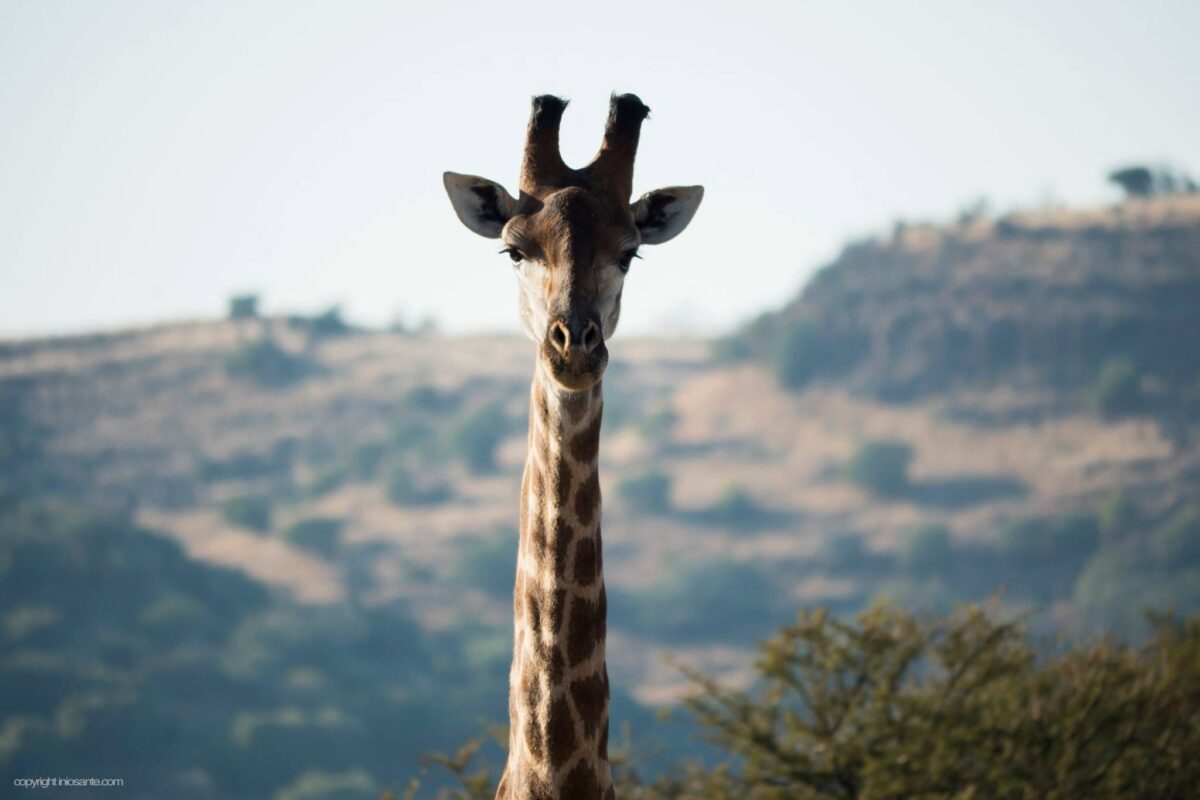
Courtesy of Green Film Fest

